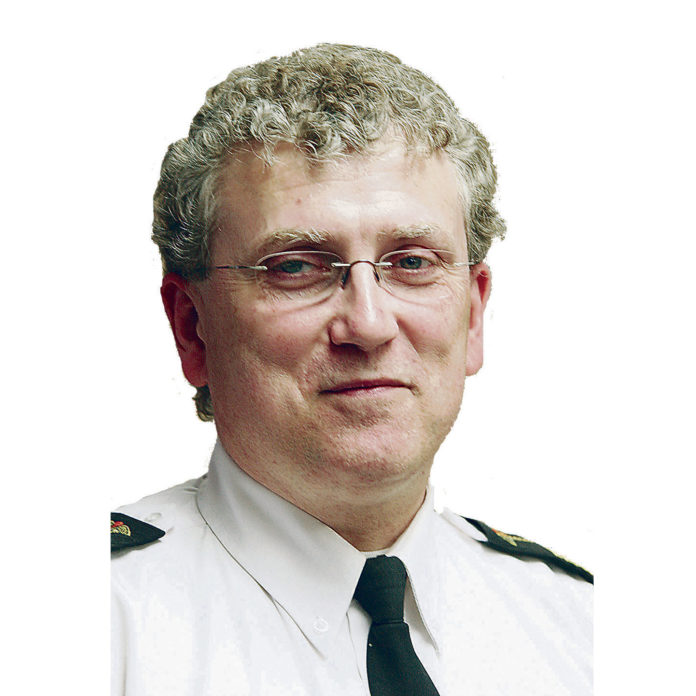Whether it’s indoors or outdoors, a curious child is bound to explore the most unlikely places. While you might think that what’s in the cupboard is safe from little hands it’s probably not. Every year hundreds of people are poisoned from common household chemicals. Prevention is the key to safety around your home, and not just for our children either.
- Read the label – the manufacturer of any household product prints safe handling instructions right on the container. Be sure to wear gloves and/or eye protection if required.
- Store the product safely – with small children or pets, keep cupboard locked or chemicals stored out of reach. Don’t pour a portion of a poisonous substance from a large container into an improper smaller container. For example, keep bleach in the original container. Just because it’s too heavy to carry to the laundry room pouring into something a soda bottle is only asking for trouble. Never store chemicals with food products.
- Clean up spills properly and quickly – follow the instructions on the container for safe handling. Chemicals such as antifreeze spilled on the ground can be deadly if ingested by pets.
- Know what to do in an emergency – if it’s a dry chemical, wearing gloves, brush it off and flush the area with lots of water. If it’s a wet chemical than flush with lots of water. Remove contact lens, jewelry and any clothing contaminated with the substance. If the chemical is something in the air like carbon monoxide, then remove everyone to fresh air immediately and seek further medical assistance.
- Keep medications in a secure location – medications can be harmful if not taken correctly always follow your pharmacist’s instructions and tell them if you are taking any herbs or vitamins as these sometime. Common over the counter medications such as cold medicines can cause side effects such as feeling tired. Always read the label and follow the printer instructions.
- Medication is not candy – teach your children that medications are to help them feel better. Don’t treat it like candy. Keep medications in their original containers so that they can be easily recognized. Dispose of outdated medications by taking them to your local pharmacy for proper safe handling.
- Who to call in an emergency – if the victim is awake, talking, with no shortness of breath, chest pain, allergic reaction symptoms or other life threatening conditions then it’s safe to call the provincial poison control center at 1-866-454-1212 for assistance. If the person is unconscious, having trouble breathing or not acting their usual self dial 9-1-1 and get the paramedics.
In an emergency many of us may not have time to gather all the important information we need. It’s important that now while you have the time, make a list of such things as medications, emergency contacts, medical problems or allergies. Document this in such things as a Vial of Life or even a piece of paper carried in your wallet.
Don’t forget carbon monoxide detectors and a furnace inspection as good things to do to get ready for winter. Contact a licensed professional for the proper home heating inspection. It’s hunting season soon so be sure to store firearms safely; handle firearms with care and respect; be seen when hunting with others and have a first aid kit or emergency survival kit in case of an emergency.


